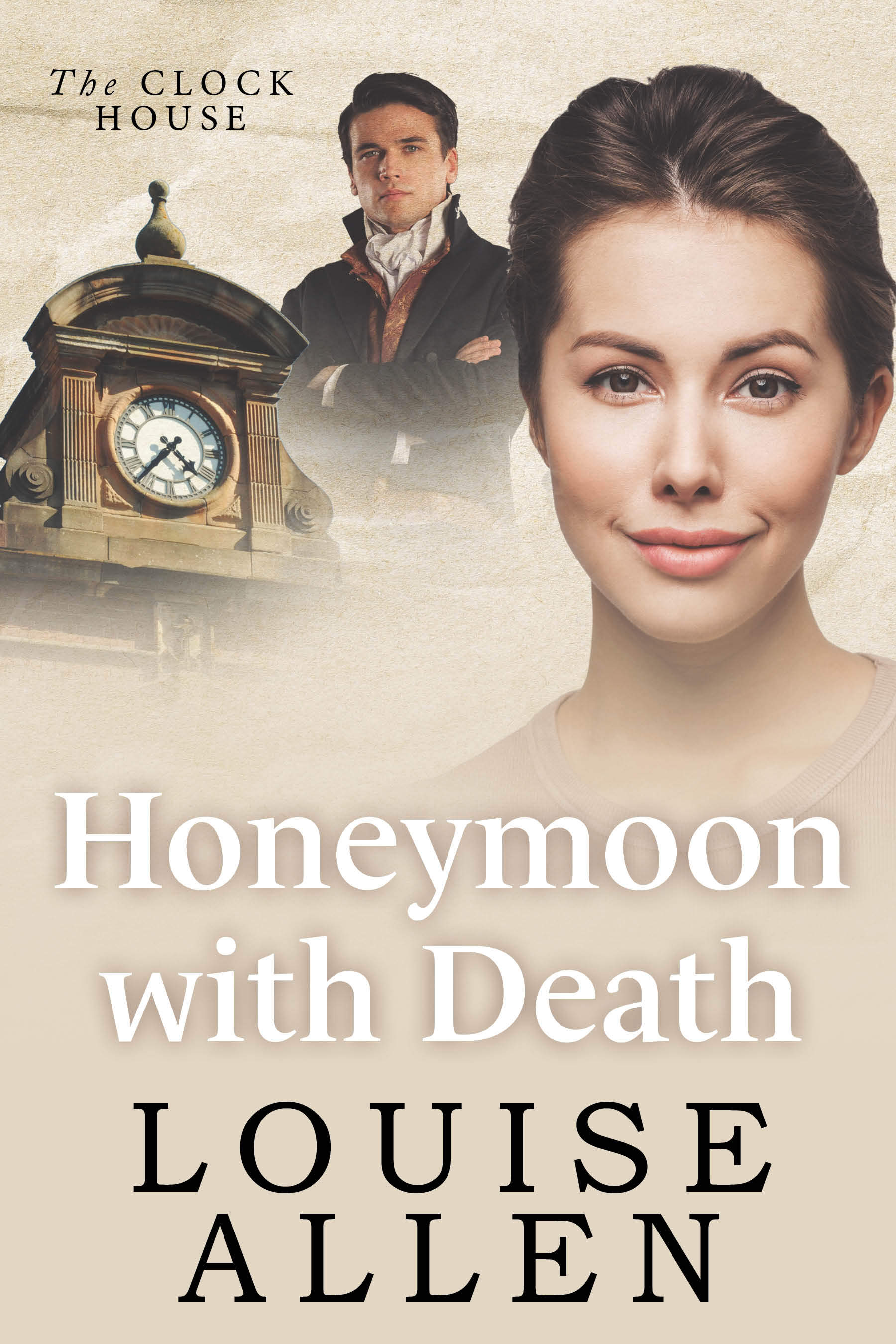On Sunday 4th June Napoleon presented his new army with regimental colours and on the 6th he ordered his generals to begin to assemble on the Belgian border. Perhaps critically, he decided to leave behind his “Iron Marshall”, Louis-Nicolas Davout, to be Minister of War. One of his most experienced generals, Davout’s presence on the battlefield as chief of staff in place of Marshal Soult might have made all the difference to the outcome of the battle.
On Wednesday 7th Napoleon opened Parliament, swearing on the Bible to uphold the troubled new French constitution which made him a constitutional monarch.
 Meanwhile in Brussels Wellington was putting on a masterly show of relaxed imperturbability, entertaining, attending balls, strolling in the Parc (shown left) and flirting with ladies. Besides this attitude being good for morale in Brussels (except possibly for the husbands of his flirts), he would also have been aware that spies were reporting his behaviour back to Paris and he must have seemed to Napoleon (or Buonaparte as Wellington always dismissively referred to him) to be over-confident or simply dangerously unaware of what he was up against. Meanwhile Wellington let it be known that he was planning a grand ball for the 21st June to celebrate the second anniversary of his victory at Vittoria.
Meanwhile in Brussels Wellington was putting on a masterly show of relaxed imperturbability, entertaining, attending balls, strolling in the Parc (shown left) and flirting with ladies. Besides this attitude being good for morale in Brussels (except possibly for the husbands of his flirts), he would also have been aware that spies were reporting his behaviour back to Paris and he must have seemed to Napoleon (or Buonaparte as Wellington always dismissively referred to him) to be over-confident or simply dangerously unaware of what he was up against. Meanwhile Wellington let it be known that he was planning a grand ball for the 21st June to celebrate the second anniversary of his victory at Vittoria.
In London readers of Sunday’s Examiner would have found several items of interest in the Deaths column including the report of the decease of Mr Steele of Round Green, Durham, aged 102, leaving over one hundred descendants living. James Hare, labourer of Beaconsfield, died of hydrophobia from a dog bite, despite having been dipped in the sea to cure it. This was a considerable journey from Beaconsfield and, as a result, the paper concluded, the delay resulted in this usually reliable cure for the bite of a mad dog not being effective.
The Examiner also contained a lengthy report on fashions, including the essential information that “The only novelty in colour this month is that called the Maria Theresa, which is as yet too little known to be generally adopted. The most prevailing colours are lilac, peach blossom, imperial-green, Saxon-green, pale pink, straw or primrose.” It quoted the patriotic opinion of The British Ladies Magazine that, “Our fair countrywomen are to be congratulated on the improvement made to the fashions this month. Those frightful French bonnets etc have given place to the more simple but elegant English taste.”
The print is from Ackermann’s Repository for June 1815 and shows a lady in a Carriage Dress, apparently viewing pictures at an exhibition.
 On Monday the most recent Paris newspapers in the hands of the London press were those for June 1st, so as far as readers were concerned, Napoleon and his troops were still in Paris. On Friday the report of the House of Commons showed a remarkable lack of concern about the French threat, with debates about a petition against nude bathing in the Thames, the increase of begging in London and the building of ships by the East India Company. The House spent some valuable time considering the vexed question of the importation of clover seed.
On Monday the most recent Paris newspapers in the hands of the London press were those for June 1st, so as far as readers were concerned, Napoleon and his troops were still in Paris. On Friday the report of the House of Commons showed a remarkable lack of concern about the French threat, with debates about a petition against nude bathing in the Thames, the increase of begging in London and the building of ships by the East India Company. The House spent some valuable time considering the vexed question of the importation of clover seed.
Friday’s papers also included a report of the Prince Regent’s Levée held the previous day at St James’s Palace with the band of the Coldstream Guard appearing in a magnificent new court uniform. The American Envoy Extraordinary and Minister Plenipotentiary to the Court of St. James’s, John Quincey Adams, was “most graciously received” by the Regent and presented his credentials. (To this day, foreign ambassadors are still accredited to the Court of St James’s and not Buckingham Palace.) The U.S. Legation in those days consisted of the Envoy and two secretaries based in a small office in Craven Street. The post was not well paid and Adams and his wife lived a house called “Little Boston” in the village of Ealing to save money to spend on the expensive trappings required by the court. Adam’s later move to the White House must have made an interesting contrast in accommodation.



